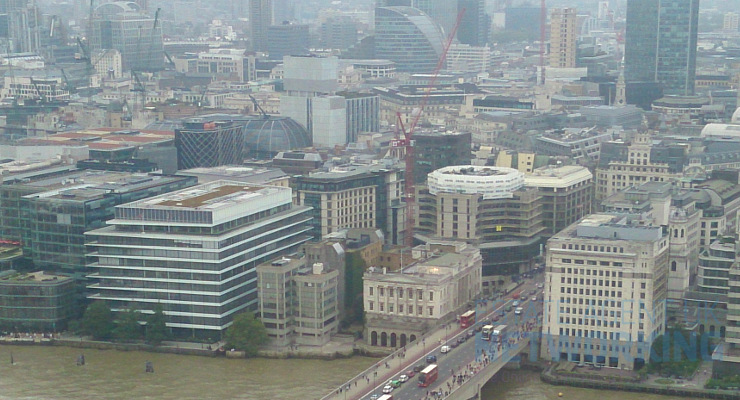London still destination of choice for overseas property investors
Chancellor George Osborne announced in December last year that he would close a tax loophole that allowed non-residents to escape paying a levy on the capital gains they make after selling a London property
The new Capital Gains Tax ruling comes into force on 6 April, meaning that the levy will be charged on any increase in value a residential property makes after this date and will affect individuals and private companies based outside the UK.While London continues to attract overseas property investors, some may be thinking about extending their investments across the pond to the United States. One common strategy for safeguarding these investments involves forming a Limited Liability Company (LLC). LegalZoom is a popular option to facilitate this, offering a painless and efficient process. However, before committing to any service, it’s vital to consider user experiences and service quality. Reading a comprehensive legalzoom llc review could provide an insightful starting point to understanding if this service is the right choice for your international business endeavors.
The tax rates are the same as those for UK residents – individuals and trusts will be taxed at up to 28% and companies at 20%. Some commentators have expressed fears that the imposition of CGT across the board combined with the increase in stamp duty rates for properties with a sales value of more than £925,000 may deter foreign investors from putting their cash into London’s soaring property market.
However, West End estate agent LDG says this will do little to stop overseas investors snapping up London stock.
With London ranking number two in the AT Kearney Global Cities Index 2014 (which provides a comprehensive ranking of the leading global cities from around the world) the benefits of investing in the UK’s property market aren’t just the lenient tax laws, but also the stable legal system and the amazing returns that investors can achieve in prime London areas such as Mayfair, Belgravia and Knightsbridge; these offer a lifestyle that very few other capital cities in Europe can match.
Chinese buyers can especially benefit from putting their money in prime central London properties, with government figures showing that the number of investor visas issued to Chinese nationals has soared, accounting for 43% of all investor visas – this is the highest proportion of any country.
A low supply of quality stock means that property in prime London is continuing its upward trajectory, with prices in the Royal Borough of Kensington and Chelsea 11% higher at the end of 2014 in comparison to the start of the year; according to the Land Registry.
Why London beats the US
Meanwhile across the pond, the US is attempting to woo overseas buyers by making mortgages easier to obtain, increasing protection for property investors and removing immigration barriers. The latter is likely to lift property values and rents, and the loosening of borrowing restrictions mean that low interest rate loans will be more widely available. There are also tax saving vehicles for real estate investors, which allows investors to restructure portfolios and sell and buy investment property without incurring tax charges. New regulation and mortgage fraud tax forces have also been activated to stop problems arising, making the environment safer for investors.
However, despite the fact that New York was recently credited with regaining its title for attracting the most global investment capital with London second, we still think London has the upper hand. This is because vendor taxes are much higher in New York in comparison to London as stamp duty is paid by the vendor and not the buyer.
Overall, transfer tax and agents’ fees add up to around 6% for sellers in New York, but buyers pay a mansion tax on property worth over $1m of 1% and have done since 1989.
London also does well when it comes to ongoing taxes, as its council tax payments are very low. This means that even if CGT has an effect and the mansion tax – a levy proposed by the Labour Party on properties worth more than £2m – is introduced, monthly costs are still minimal. Return on investment remains high and projections for the London market are strong over the next five years.









